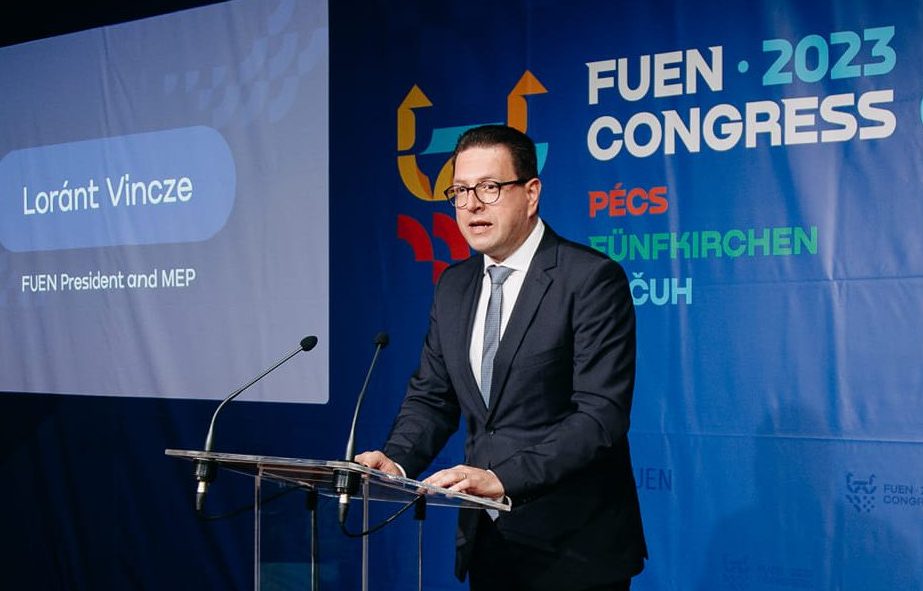
The attacks on the education of minorities are an attack on the foundations of their identity, said Loránt Vincze at the FUEN Congress.Continue reading

The 20 percent threshold for the use of minority languages in public administration under Romanian law is too high and jeopardizes the overall implementation of the European Charter for Regional or Minority Language, the 46-member Council of Europe (CoE) minority protection body in Strasbourg reported.
This issue is particularly relevant, because the number of people belonging to national minorities has decreased in recent years, resulting in uncertainty about the exercise of minority language rights. For instance, in public administration, a national minority can only exercise its language rights in Romania if its representation does not fall below 20 percent in the concerned municipality.
In its report, the Advisory Committee on the Framework Convention for the Protection of National Minorities (FCNM) overseen by the Council of Europe, wrote that 10 of the 20 national minority languages recognized in Romania – Bulgarian, Croatian, Czech, German, Hungarian, Russian, Serbian, Slovak, Turkish, and Ukrainian – enjoy a higher level of protection. This is due to the commitments made by Bucharest to ensure their use, particularly in education, the judiciary, public administration, media, economic and social life, culture, and cross-border relations.
They stressed that Romania’s legal system for the protection of minority languages provides a general framework of protection and substantial financial support to 19 national minorities to promote their culture and use their languages.
They expressed concerns, however, that the 20 percent threshold for the use of minority languages in public administration contained in the legislation appears to be too high, and if applied inflexibly, would deprive minority language speakers of the full protection granted by national law.
Regarding the 2021 census in Romania that shows a decrease in the population of national minorities, the experts called on the competent authorities – in view of at least 199,000 Romani speakers in the country – to continue to promote the presence of this minority in public life, especially in education.
While the report described the situation of German and Hungarian in education as “very favorable,” the experts called on Romania to address the shortage of teachers, a problem that seriously affects the Czech and Roma minorities, as soon as possible.
Regarding the use of certain minority languages in the field of judicial proceedings, the committee expressed regret that in civil and administrative proceedings,
those submitting documents written in a minority language have to bear the extra costs of translation. This contradicts the provisions of the Charter, they pointed out.
The report concluded by praising the comprehensive offer of cultural activities in minority languages, the satisfactory number of radio programs, and the fact that Romanian public television broadcasts separate programs in Hungarian, German, and other minority languages.
Via MTI, Featured image: Pixabay